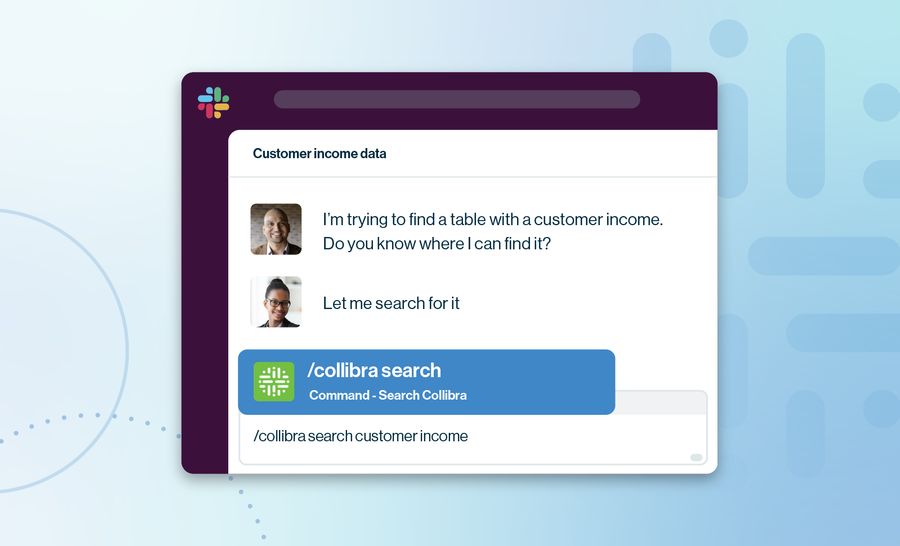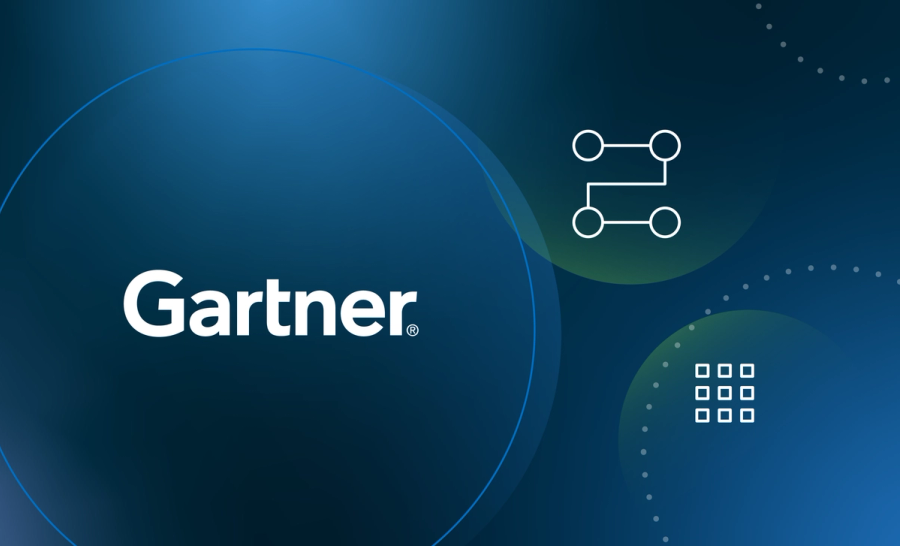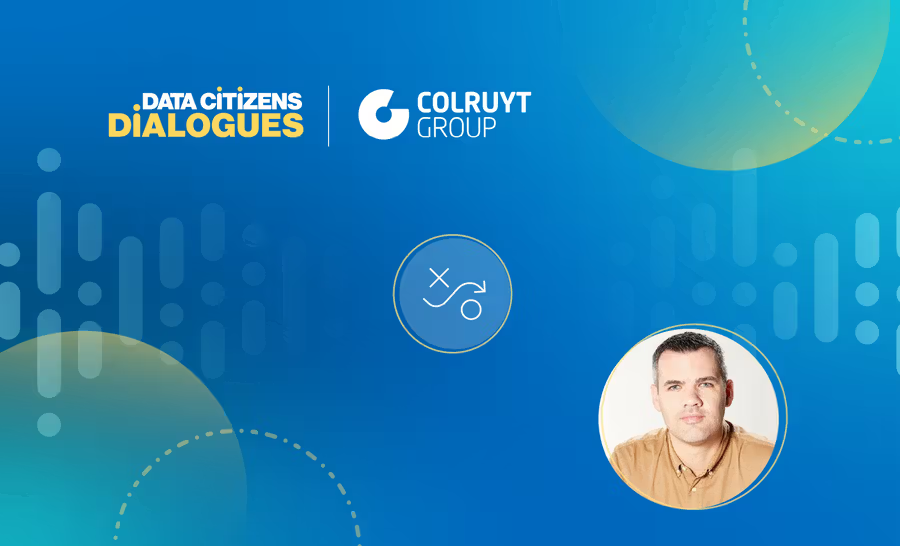Your data is lying to you: Why quality is the real AI bottleneck

Every organization wants to move faster with AI. But here’s the problem: Most of them are still stuck solving the wrong puzzle.
It’s not that they don’t have data. It’s that they don’t trust the data they have. And they shouldn't. Because if the data is broken, the decisions will be too. And no matter how smart the algorithm is, AI can’t correct a bad dataset.
It’s why it’s not surprising to find in our latest survey of professionals that 62% said improving data quality is their top priority. That makes it the single most urgent challenge facing data leaders today — more pressing than access, security or even AI readiness.
And it’s not just about fixing typos or plugging missing values. Bad data breaks things: visibly, painfully and at scale. The kind of scale you don't want.
What happens when data quality fails?
It fails in audits. It fails in AI models. It fails in your customer relationships.
Nearly half of professionals say poor data quality is already impacting the trustworthiness of shared data. That means even when teams manage to access and share data across silos, they still hesitate to act on it. Why? Because they don’t believe it.
It’s not hard to see why confidence collapses:
- Inconsistent structures make integration a nightmare.
- Outdated datasets lead to misleading insights.
- Incomplete metadata leaves analysts guessing.
- Manual workflows delay remediation and spread uncertainty.
Worse still, most organizations lack the accountability to fix it. Only 43% have assigned stewardship roles to maintain data quality across domains. And 29% admit they can’t effectively enforce data quality standards at all.
And in the age of AI, these weaknesses don’t just slow you down. They get amplified. A flawed dataset today becomes a flawed model tomorrow. That’s a fast track to compliance risk, customer churn and operational chaos.
How high-confidence organizations handle quality
The organizations that trust their data the most don’t just clean it. They don’t just wait for problems to appear. They build to prevent them.
According to the report, these high-confidence organizations are:
- 3x more likely to have high visibility into the health and reliability of their data pipelines.
- Far more likely to validate structure, monitor consistency and assess timeliness as part of core governance routines.
- Embedding quality checks not just in IT, but across teams, workflows and business processes.
They treat quality as a function, and they measure it like any other business-critical metric.
Here’s how they do it:
- Centralize visibility across pipelines and platforms so data quality isn’t someone else’s problem. It’s everyone’s.
- Automate consistency checks and anomaly detection to catch issues early, before they cascade.
- Govern in place with system-agnostic controls that let you maintain quality without uprooting your architecture.
- Tailor governance frameworks by department, so adoption rises and relevance sticks.
In fact, 57% of professionals say customizing governance frameworks improves adoption and impact. It’s not about enforcing one-size-fits-all rules. It’s about building the connective tissue that makes quality everyone’s responsibility.
The bottom line?
Fixing data quality is strategic. It’s the foundation for everything your business wants to do next — from AI to analytics to everyday decisions.
With Collibra, you don’t have to wonder whether your data is good enough. You’ll know. Because it will be visible. It’ll be trusted. And it’ll have end-to-end governance as its foundation.
That’s Data Confidence™.
In this post:
Related articles

Data GovernanceJuly 28, 2025
Your new shortcut to trusted data: Collibra’s two-way Slack Integration

Data GovernanceJanuary 16, 2026
Collibra recognized as a Leader for the second consecutive year in the Gartner® Magic Quadrant™ for Data and Analytics Governance Platforms

Data GovernanceAugust 12, 2025
Beyond buzzwords: Unpacking Data Confidence as AI’s foundational truth

Data GovernanceMay 12, 2025
The ultimate guide to building a data-driven organization: 5 pillars for success
Keep up with the latest from Collibra
I would like to get updates about the latest Collibra content, events and more.
Thanks for signing up
You'll begin receiving educational materials and invitations to network with our community soon.
